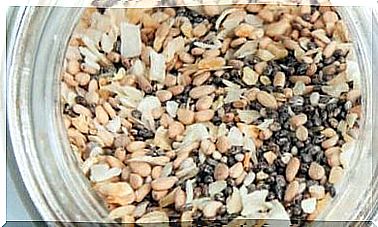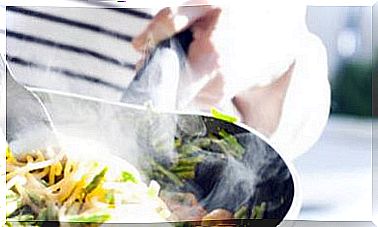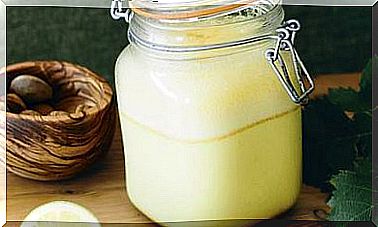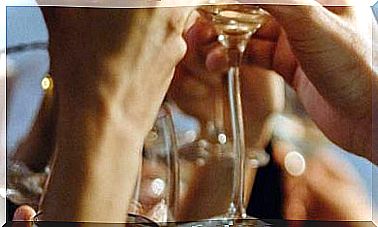13 Tips To Eliminate Aluminum From Your Daily Life
There is a lot of talk about plastic, but … what about aluminum? This material is very expensive environmentally, as its production pollutes and consumes a huge amount of energy. There are many sensible alternatives for your household uses.
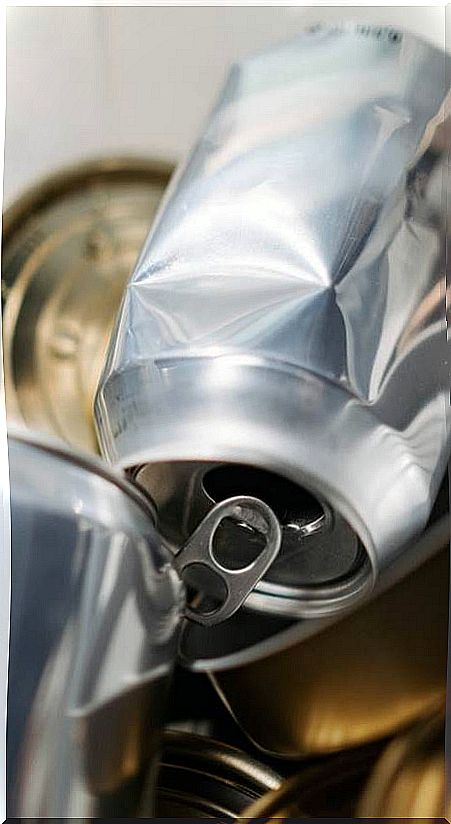
We find this shiny metal everywhere – soda cans, windows, electronics components, etc. Aluminum is often used where it is not needed, such as in the food packaging industry, where it has a short shelf life and is ultimately disposable. An example of unnecessary use is when we use it to wrap a sandwich. In this case the relationship between effort and ecological footprint and profit is simply absurd.
From the aluminum industry it is argued that it is a recyclable material, however, the truth is that it is difficult to separate from other components and always requires a certain percentage of new aluminum and a lot of energy, so its production continues to have an impact high environmental.
Therefore, we should try to remove at least short-lived aluminum from our home. With these simple steps you can achieve it:
Avoid aluminum when cooking
- If you want to stock up on new kitchen appliances, you should equip yourself with a cast iron or stainless steel skillet instead of an aluminum skillet with Teflon plastic as a nonstick.
- In summer, the temptation to use disposable grills for a spontaneous barbecue is great, but it is not a good idea because it only generates unnecessary waste. It is advisable to resort to stainless steel grills.
- Of course, you don’t need an aluminum tray to cook vegetables or meat in the oven, for that there are stainless steel or tempered glass dishes.
- In the foil technique, aluminum can be replaced by baking paper (parchment paper) or silicone cases.
Avoid aluminum when shopping for groceries
- There are many types of food packaging that contain aluminum. In particular, avoid ready-made products like cookies, powdered sauces, or bagged soups. Cooking with whole, natural foods not only helps you use less aluminum, but is also healthier.
- Food cans are made of aluminum or tin. A simple test with a magnet helps to clearly identify the material: aluminum is not magnetic, while tin is.
- Aluminum is also used for tubes. Choose products with mayonnaise, tartar sauce, mustard or tomato paste, for example, in glass jars.
- The same applies to yogurt, it is better to take a reusable jar with a screw cap than a plastic cup with an aluminum lid.
- Chocolate and other products like cookies and gum are often wrapped in aluminum foil. Look for alternatives with other packaging.
Avoid aluminum when buying drinks
- Beverage cans and tetrapacks are lightweight and comfortable, but they also contain aluminum. A better alternative is the reusable glass bottle, even if the shopping bag is heavier.
Avoid aluminum during transport and storage
- There are countless ways to transport food and make aluminum foil superfluous in the home, from waxed snack paper to glass, stainless steel, and sturdy BPA-free plastic jars and tins. If these options don’t convince you, even plastic film is better than aluminum. Very good news is that compostable bioplastic films already exist on the market.
Avoid aluminum in coffee
- If you use a coffee machine with plastic or aluminum capsules, you can use reusable stainless steel capsules, which are filled with ground coffee.
Avoid aluminum in personal hygiene
- In general, it is best to buy the largest presentations of cosmetic products to save on packaging materials. Be aware that small samples often contain aluminum coatings.
- Aluminum is frequently found in products such as lipsticks, toothpaste tubes, or sunscreen. Look for aluminum-free products. Keep in mind that most manufacturers of certified natural and organic cosmetics value the environmental impact of their products and do not usually use aluminum.
